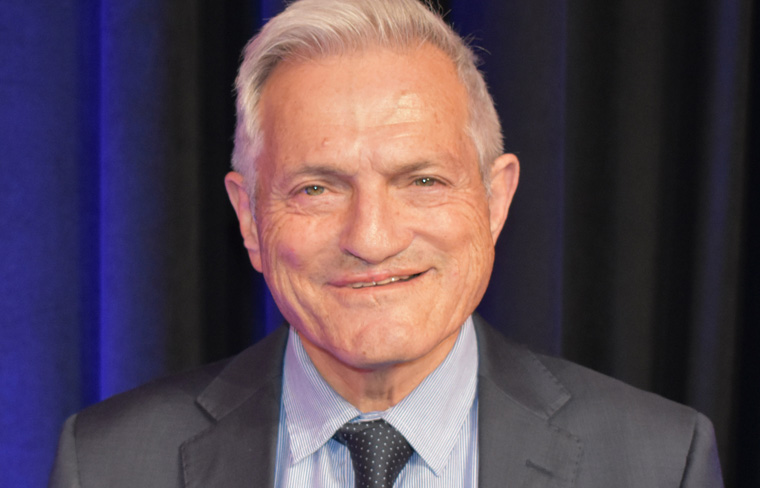-
Q&A: Genetics and epigenetics of diabetic complications
Genetic variation provides a partial explanation for the occurrence of diabetes and its complications. But epigenetic variation has a role, as well. ADAMeetingNews.org spoke with Niina Sandholm, DSc, and Rama Natarajan, PhD, two of the researchers who will review the latest findings in this area during the Tuesday morning symposium “Genetics and Epigenetics of Diabetic…
-
Researchers investigating communication between beta-cell organelles
New evidence suggests that cellular organelles such as endoplasmic reticulum, mitochondria, and lysosomes are active communicators using newly recognized intra- and intercellular channels. A group of researchers, including Amelia K. Linnemann, PhD, will examine the latest research during the Tuesday symposium “Beta-Cell Organelles Talk Amongst Themselves,” which will begin at 7:30 a.m. in S-303 (South,…
-
3 More Things about Tuesday
Here’s everything you need to know as you prepare for the final day of the 79th Scientific Sessions, including Tuesday’s meeting hours and information about airport transportation.
-
Big data, stakeholder engagement to drive precision medicine in diabetes
Precision medicine has a bright future for helping patients with diabetes and diabetic kidney disease, but challenges exist in expanding the necessary data pool to bring diagnostic and therapeutic benefits to patients, according to Alice Y.Y. Cheng, MD, FRCPC.
-
Targeting inflammation may provide new treatment options for diabetes
Aruna Pradhan, MD, MPH, MSc, reviewed research looking at inflammation as a driver for diabetes, and whether treatment with anti-inflammatory agents might reduce the risk of diabetes and atherothrombosis during a joint ADA/ASN symposium Sunday.
-
ADA President, Medicine & Science says precision medicine can be ‘transformational’ for patients and clinicians
Precision medicine offers a path to a better life for patients with diabetes, says ADA President, Medicine & Science Louis H. Philipson, MD, PhD, FACP, who delivered his presidential address Sunday morning at the Scientific Sessions. Dr. Philipson discussed the future of precision medicine and what medical professionals and advocates can do now to help…
-
Rare genetic variations help unravel the role of adipose tissue, metformin mechanism of action
A collection of patients with inherited insulin resistance disorders started Stephen P. O’Rahilly, MD, down a research path that confirmed the activity of leptin in humans, reimagined type 2 diabetes as a metabolic disease driven largely by overnutrition, and began to unravel the mechanism of action behind metformin. Dr. O’Rahilly delivered the 2019 Banting Medal…
-
TrialNet studies explore new therapeutic approaches for type 1 diabetes
Susanne M. Cabrera, MD, and three other researchers presented results from four recent and ongoing studies from the TrialNet network Sunday morning at the Scientific Sessions. TrialNet is a global consortium of researchers dedicated to preventing type 1 diabetes and stopping disease progression by preserving insulin production before and after diagnosis.
-
RISE Clinical Trial: No durable improvement to beta-cell function
Results from the Adult Medication Study of the Restoring Insulin Secretion (RISE) Clinical Trial showed no long-term improvement in beta-cell function. Improvements seen during the 12-month treatment period had disappeared three months later, and A1C worsened in two of the treatment arms, according to Steven E. Kahn, MB, ChB.
-
DECLARE-TIMI 58 trial demonstrates efficacy, safety of SGLT2 inhibitors
Results from the Dapagliflozin Effect on Cardiovascular Events (DECLARE-TIMI 58) trial presented Sunday at the Scientific Sessions suggest that the SGLT2 inhibitor dapagliflozin not only reduces insulin resistance and reduces cardiovascular risk factors, but also prevents heart failure and progression of kidney disease in most diabetes patients, according to co-principal investigator Itamar Raz, MD.









